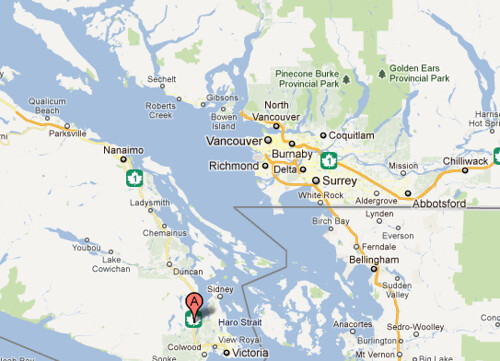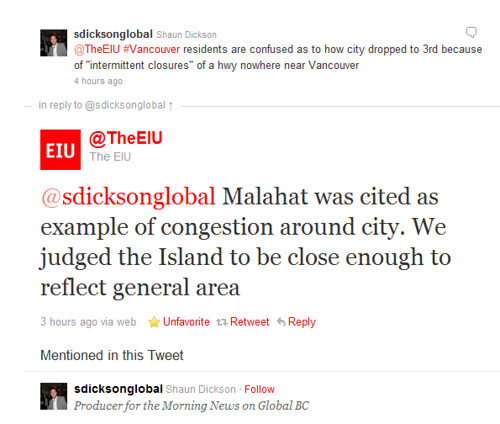
One of the reasons why I ask my students in my syllabus to provide me with a photograph and a brief summary of their background and why they are taking my courses is because I am a firm believer in mentorship. I work hard at encouraging my students to grow, and if they so choose, undertake graduate studies or further their education. At some point, most of my hard-working students will come back and ask me “Dr. Pacheco-Vega, would you please write a letter of reference for me?”. And for the most part, I say yes.
Most of the students who approach me always ask me if I remember them (or hope I do). In all cases I would NEVER write a letter of reference for a student whom I don’t have a basis to support (e.g. didn’t work hard in my classes, never interacted with me, etc.) There have been a few instances where a student who really didn’t work hard in my classes has asked me for a letter of reference and I politely decline.
This short post is a quick list of things ANY professor will need if they are writing a reference letter for you, and these suggestions are geared mostly to the student.
- Make sure you actually know your professor. It’s amazing how many students don’t feel like they can interact and approach professors. All my undergraduate and graduate career I had amazing mentors and that’s also why that’s my own philosophy. I’m very approachable. You can reach me by email or Twitter or Facebook, or heck, dropping by my office hours. For a student who is seeking a letter of reference, it is important to me to know the student, and I thus suggest that you make an active effort to get to know your professors.
- Make sure you provide ALL background information. What program are you seeking to get into? What is your specialty? What did you write when you were my student? What have you been up to in the past few years that I can put into the letter of reference?
- Provide polite reminders within 4, 2 and 1 week. We are busy academics, any of your professors will have between 10 and 20 different things to attend to. Even if I insert it into my Google Calendar, it’s possible that I’ll forget. REMIND ME. And remind your professors (politely).
- Be respectful in your communication. You may no longer be my student but I will always be your professor (or ex-professor). So, be courteous, respectful and direct without being blunt
- Provide easy schematics of when you need letters of reference and for what. I ask my students to build a table telling me: name of the school, program, deadline for letter of reference, and special details.
- Tell your professor the format of the application, well in advance. University of Toronto, and London School of Economics, for example, require online applications. If that’s the case, I can treat the application differently than if I need to search my archives for any kind of work you’ve sent me
- Provide ALL contact details of EACH university you are applying to. Provide them in the table I mentioned above, and if need be, add them again in the text of an email reminder. The reality is, it takes way longer for me to write a letter if I need to be searching on Google for the contact details of each university and whom I need to address the reference letter.
- Be grateful! You don’t necessarily need to buy a gift for a professor, but a handwritten note or a thank you card goes a long way. Trust me, the amount of time we spend writing letters of reference for students is not insignificant!











Recent Comments